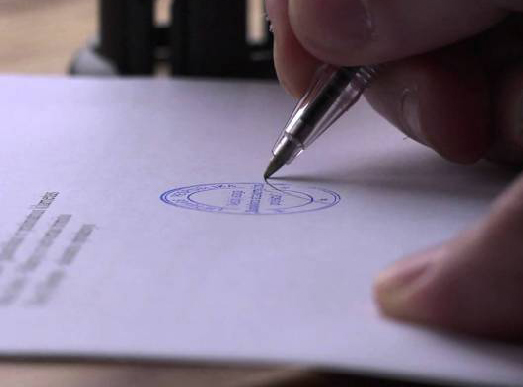
Judicial Sworn Translatio
12 August 2025
Notarized Translation
12 August 2025What is Sworn Translation?
Sworn translation refers to translations that have been signed and stamped by a sworn translator. Sworn translation is performed by notaries. Notaries select translators who have a university degree in a foreign language and swear them in to grant them sworn translator authority. Notaries only certify the signature of sworn translators under their own authority.
For a document to be considered a sworn translation, it must have the following characteristics:
- The document must be translated by a sworn translator. Currently, only notaries public can grant the title of sworn translator in our country.
- The translated document must be printed out (hard copy) and signed and stamped by the translator.
- A sworn translation must include the translator’s wet signature, name, surname, target language, source language information, date, location, and the sworn translator’s statement of accuracy.
Who are Sworn Translators?
A sworn translator is an authorized person appointed by any notary in Turkey to translate official documents. The sworn translator assumes responsibility for the translation by signing and stamping the document.
Sworn translations are different from other translations because sworn translations are signed and stamped by a sworn translator. In addition, sworn translations are only delivered to you with a wet signature and stamp by a sworn translator on physical copies.
Where is Sworn Translation Useful?
Don’t forget to ask the institution to which you will submit your document for translation; sometimes administrative authorities only accept translations made by a sworn notary, while some institutions require notarization in addition to a sworn translator. Notarization cannot be performed before a sworn translation is made on a document. 
You must have your sworn translation done at the sworn translation office affiliated with the notary public you applied to. Each notary public’s sworn translation office may differ from another. Each notary public may work with different sworn translation offices. Notary B may not certify the translation you had done at Notary A’s sworn translation office.
The authorities that require sworn translation certification are as follows:
-
- Government offices
- Universities
- Noterler
- Banks
- Marriage bureaus
- It is requested by public institutions such as consulates.
Some of the advantages of sworn translation include:
Sworn translations bear the stamp and signature of the sworn translator. If the institution to which you are submitting the translated document does not require both a sworn translator and a notary certification, you can request a sworn translation with the stamp of the sworn translator from the sworn translation agency that performed the translation.
This way, you will not have to pay notary fees and your documents will have an official status. A sworn translation refers to a document that has been translated accurately and truthfully by an authorized official.

